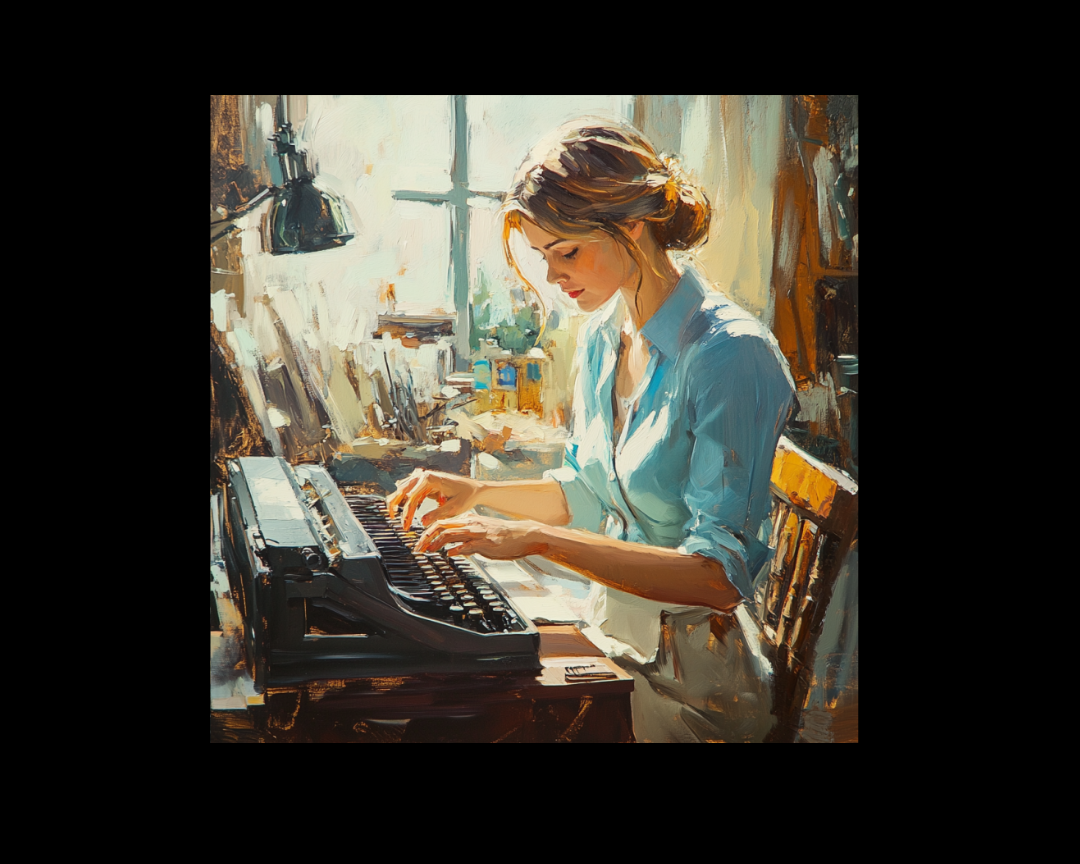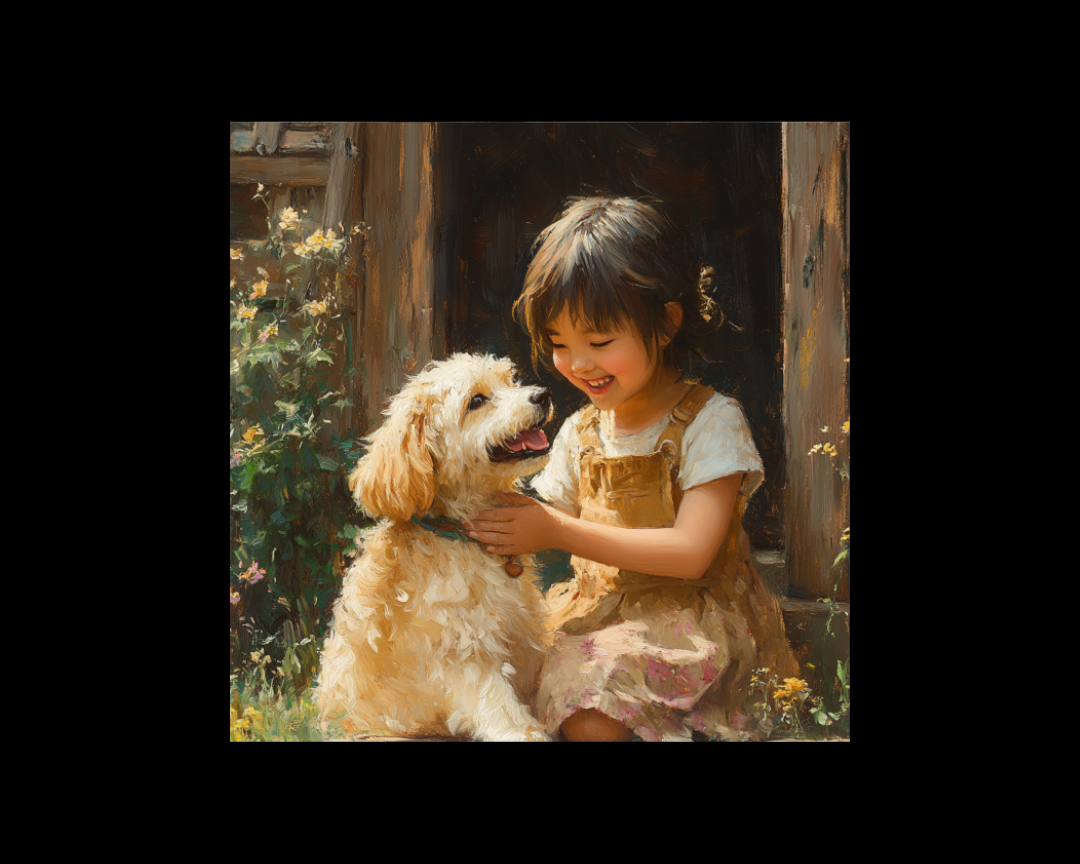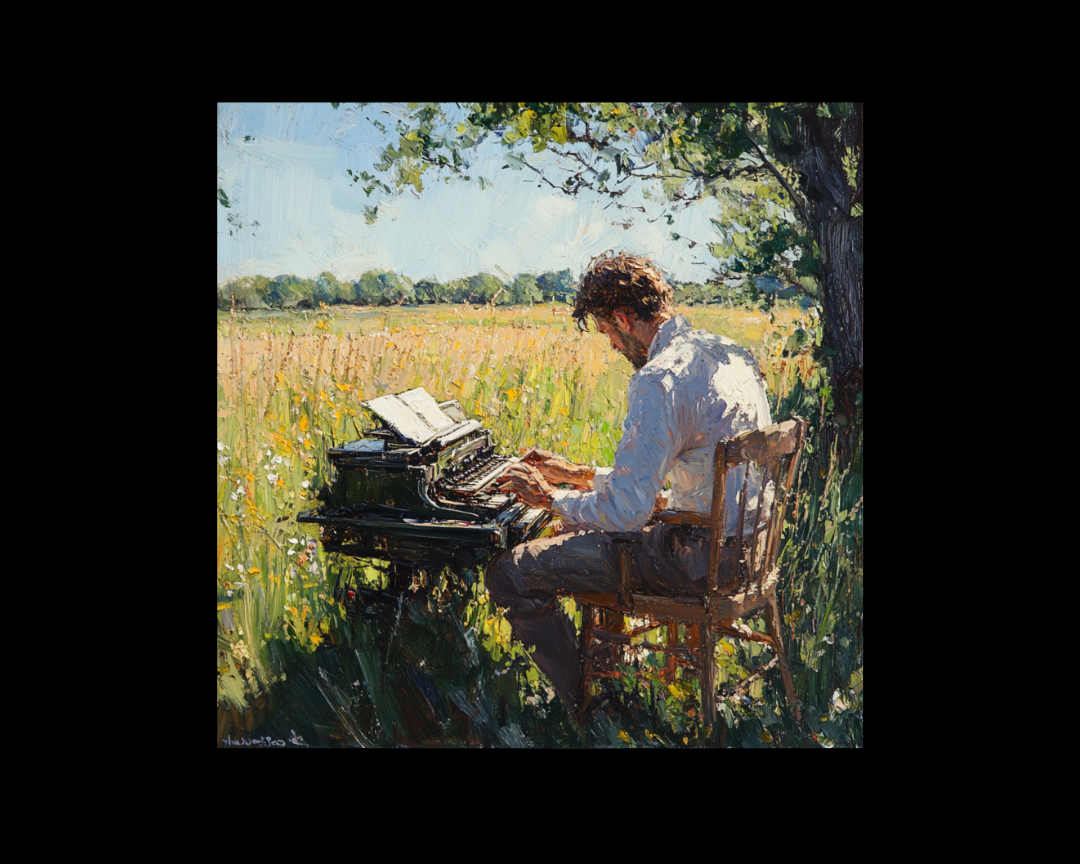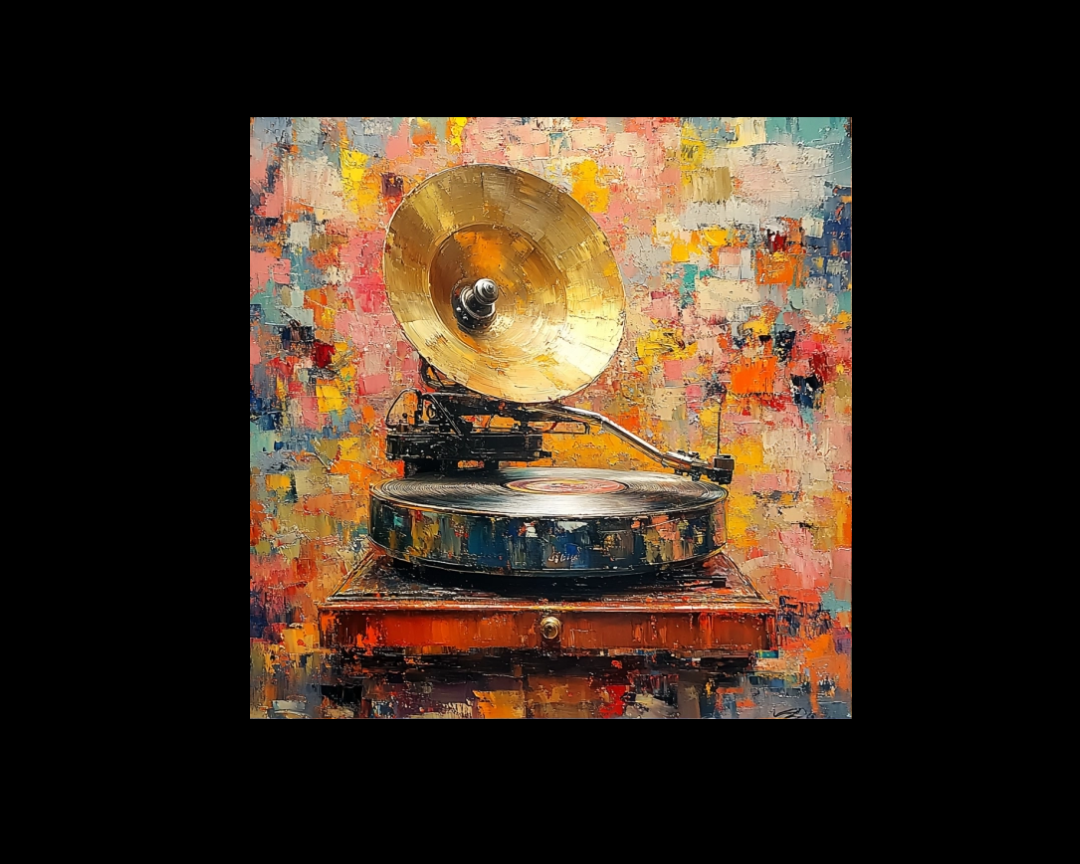Define Naïve
Naivety is often perceived as a lack of experience or worldly wisdom, characterized by a certain innocence, credulity, or childlike simplicity. In...

Learning how to write a poem requires two things: a love of language, and a need for language to communicate more than it currently does. If this describes you, you're in the right place to learn poetry.
Poetry isn't about being obscure or confusing—it's a lyrical, emotive method of self-expression. As former US Poet Laureate Rita Dove perfectly stated, "Poetry is language at its most distilled and most powerful."
Unlike prose writing, poetry needs to impact the reader in the richest and most condensed way possible. Samuel Taylor Coleridge famously said, "Prose: words in their best order; poetry: the best words in the best order." This means every single word in a poem carries maximum impact.
Before you can write effective poems, you need to understand the building blocks that make poetry unique. Three major literary elements form the foundation of poetry:
Rhythm refers to the lyrical, sonic qualities of the poem—how it moves and breathes, how it feels on the tongue. There are several components that contribute to a poem's rhythm:
Sound
Poetry can evoke certain emotions based solely on the sounds it uses. Words can sound sinister, percussive, fluid, cheerful, dour, or convey any other emotion through sound alone.
Consider this excerpt from Walt Whitman's "Beat! Beat! Drums!":
Beat! beat! drums!—blow! bugles! blow!
Through the windows—through doors—burst like a ruthless force,
Into the solemn church, and scatter the congregation,
Into the school where the scholar is studying;
The percussive "b" sounds and harsh "t" and "d" sounds mimic the beating of drums, while the "s" and "th" sounds create a sense of air or breath moving through the lines.
Rhyme
Rhyme refers to words with similar pronunciations. While many traditional poetry forms rely on rhyme schemes, contemporary poetry has largely moved away from strict rhyming patterns.
There are three main types of rhymes:
Meter
Meter refers to the stress patterns of words in poetry. Some poetry forms require specific stress patterns, with some syllables stressed and others unstressed.
For example, in the word "un•STRESSED," the second syllable is stressed. In "PLAT•i•tud•i•nous," only the first syllable is stressed.
Form refers to the structure of the poem. Is it a sonnet, a villanelle, free verse, a slam poem, or something experimental? Form also encompasses how the poem uses line breaks and stanza breaks.
Unlike prose, where the page decides the line breaks, poets control when one line ends and a new one begins. The words that begin and end each line emphasize the sounds, images, and ideas that are important to the poem.
Literary devices help poetry express complex ideas in concise, lyrical language. Devices like metaphor, symbolism, juxtaposition, irony, and hyperbole allow poets to communicate multilayered meanings and help readers see the world in new, powerful ways.
While every poet's process is different, here's a structured approach to help you get from idea to finished poem:
Finding a topic is often the hardest part of writing a poem. Here are some places to search for inspiration:
Once you have a topic, set aside time to explore it through journaling. Write down all your thoughts related to the topic without worrying about making it sound poetic. Set a timer for 15-30 minutes and let your thoughts flow freely.
When you're done, review what you've written and highlight phrases, emotions, and words that feel significant. Journaling is a low-risk way to explore your topic without pressure. The raw material you need is already inside you—journaling just helps bring it out.
Think about what form might best express your ideas. Will you write free verse, a sonnet, a haiku sequence, or experiment with something new? While form can be decided during revision, considering it early can help shape your approach.
With insights from your journaling session, craft your opening line. There's no single rule for how to begin a poem, but here are some effective approaches:
As you continue writing, focus on concrete images rather than abstract concepts. Use metaphors and similes to make striking comparisons, employ sensory details to bring your poem to life, and above all, speak from the heart.
Don't worry if you're not sure where the poem is heading—many poets discover their poem's true subject in the process of writing it.
Your poem's ending should feel both surprising and inevitable. Some poems come full circle, echoing images or phrases from the beginning. Others arrive at a revelation or truth that wasn't clear at the start.
Trust that your poem will find its natural conclusion as you write toward what feels emotionally true.
Once you have a first draft, it's time to refine your work:
Remember that not all poems need to be polished for public consumption. Give yourself permission to write "bad" poems, unedited poems, and poems with an audience of one. Write for yourself first—editing is for other readers.
There are many schools of thought about the best way to write poetry. Here are some different philosophical approaches:
The Romantic poets viewed poetry as an extension of human emotion—a way of perceiving the world through unbridled creativity. To write in this tradition, feel deeply and let your emotions guide your words.
Modernist poets often employed stream of consciousness techniques, writing unfiltered thoughts to access deeper truths. This approach involves surrendering control and letting your subconscious lead the writing process.
Inspired by Eastern philosophies, the Beat Poets practiced documenting the mind without editing or censoring. This approach focuses on capturing authentic consciousness rather than crafting perfect language.
Many poets find inspiration in the work of others. An "after" poem builds upon another poet's work without plagiarizing—it's a conversation across time and space. This approach allows you to learn from other poets while developing your own voice.
Contemporary poets often use poetry to document and comment on global events, politics, and social justice issues. This approach positions the poet as witness, using verse to testify to human experience.
Poetry, like all art forms, takes practice and dedication. The poem you write today might seem flawed to you years from now—that's a sign of growth, not failure. The important thing is to keep writing, keep reading other poets, and keep developing your unique voice.
Remember that poetry isn't just about the finished product; it's about the process of discovery. Each poem you write teaches you something about language and about yourself. Even if you never share your work with anyone else, the act of writing poetry can be transformative.
As you continue your poetic journey, consider joining a writing workshop, attending poetry readings, or submitting your work to literary journals. The poetry community is vast and welcoming, full of people who share your love of language and its possibilities.
Need help developing your poetry skills? Our team of experienced poets and writing coaches can provide personalized feedback on your work, guide you through different poetic forms, and help you find your unique voice. Contact us today to learn how we can support your growth as a poet.

Naivety is often perceived as a lack of experience or worldly wisdom, characterized by a certain innocence, credulity, or childlike simplicity. In...

When a work of literature employs an image or idea in repetition, that image or idea might be a motif. Literary motifs describe noteworthy...

Tone in writing is the attitude or emotional character that the author conveys through their words. It's a crucial element that can dramatically...